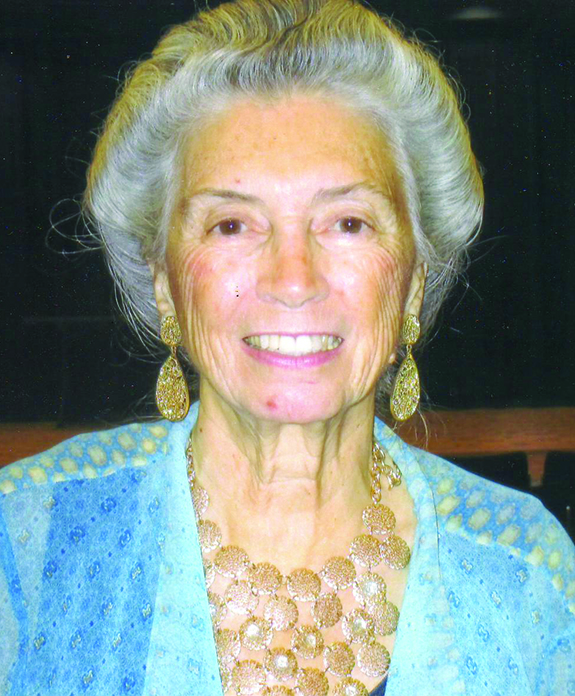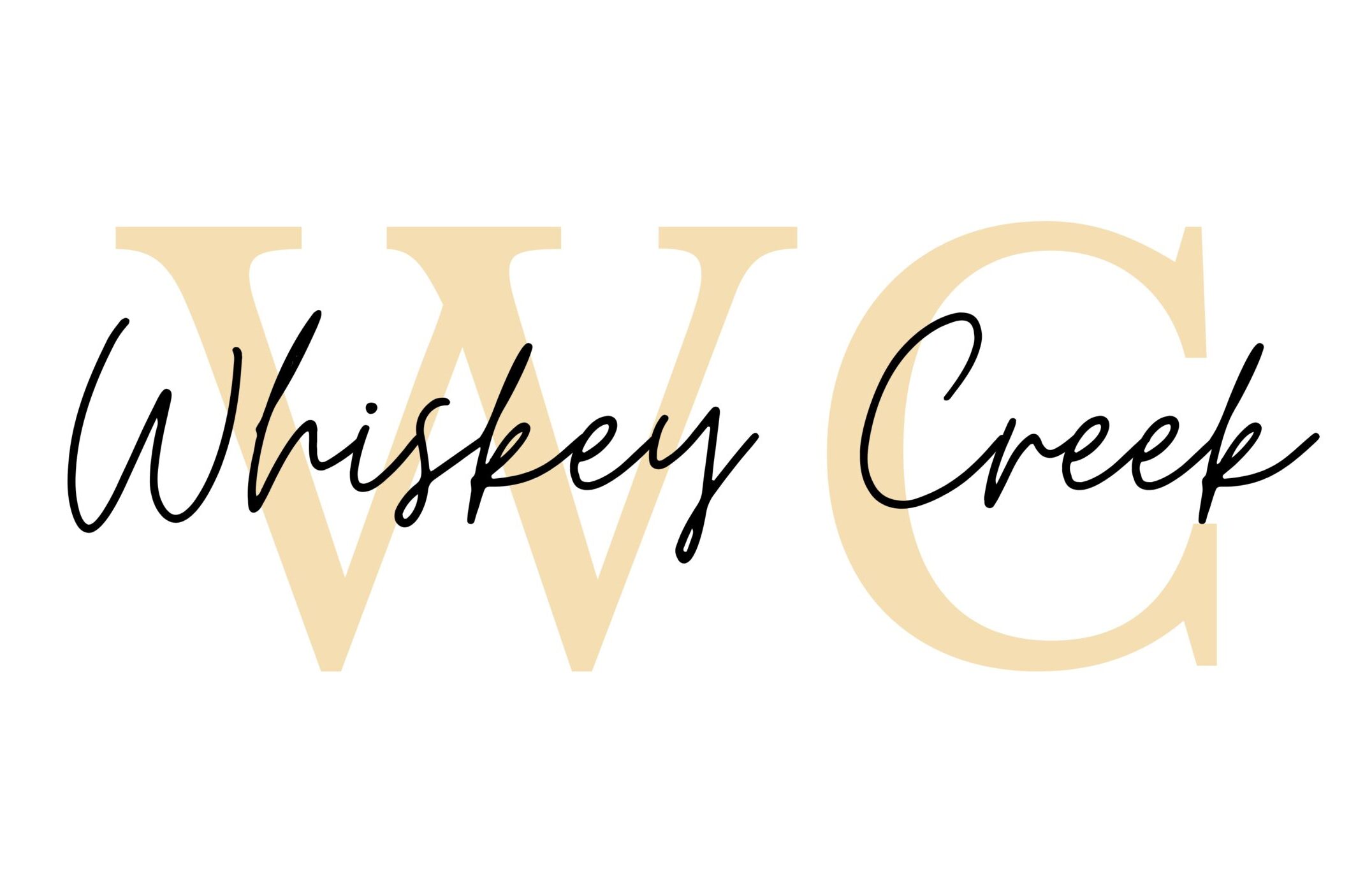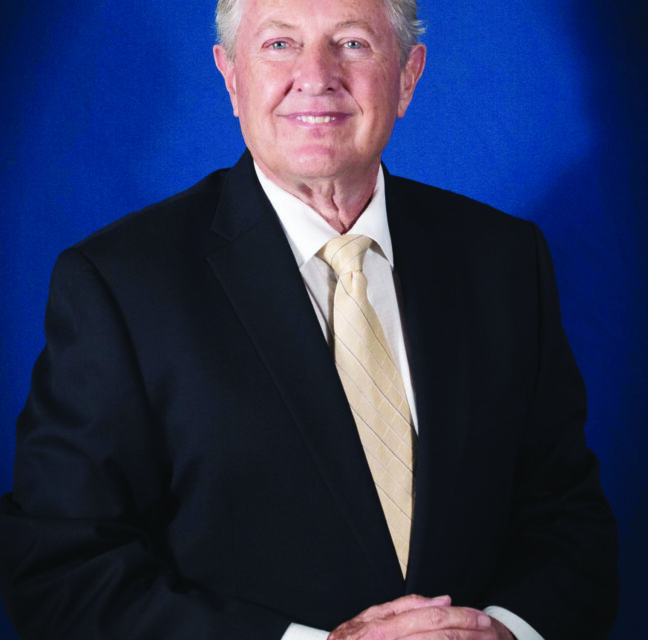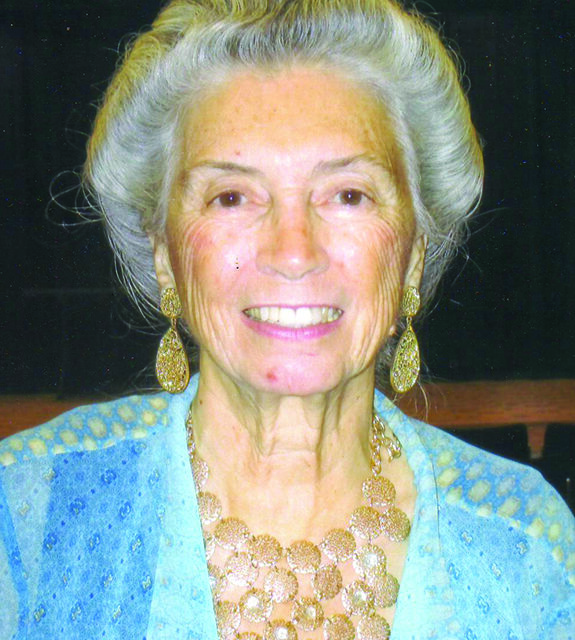
Hearing loss is one of the four most prevalent chronic health conditions experienced by people aged 65 and older. The other three are heart disease, hypertension and arthritis.
Age-related hearing loss is the most prevalent of auditory disorders. It occurs in approximately 24 percent of people between the ages of 65 and 74 and in 40 percent of people aged 75 and older. However, a 2002 study done in Beaver Dam, Wisconsin, suggested that hearing loss in older Americans is considerably more common than previously thought. About 90 percent of the Beaver Dam population 80 and older has trouble hearing.
LEXOPHILES
The math professor went crazy with the blackboard. He did a number on it!
SIGNS
Our whiteboards are remarkable!
VITAMIN B12, FOLATE AND HEARING LOSS
Despite the high prevalence of hearing impairment, the biological basis of age-related hearing loss is unknown. However, a theory was proposed in The American Journal of Clinical Nutrition in 1999 in an article entitled “Age-Related Hearing Loss, Vitamin B12 and Folate in Elderly Women.
” The object of the study was to determine if age- related hearing loss might be the result of vitamin B12 and folate deficiencies. The subjects of the study were 55 healthy women aged 60 to 71 years. They were divided into two groups: those with normal hearing and those with impaired hearing. The results of the study: Women with impaired hearing had significantly lower serum B12 and folate levels than women with normal hearing.
Women with impaired hearing consumed significantly less vitamin B12 and folate than women with normal hearing. And serum pepsinate concentrations (an indicator of stomach acidity) were significantly lower in women with hearing impairment than in women with normal hearing. Low stomach acidity prevents B12 absorption.
A SECOND CORROBORATING STUDY
Another more recent study corroborated the findings of the above study. This study, which was published in the January 2, 2007 issue of the Annals of Internal Medicine followed 728 men and women between the ages of 50 and 70 years of age. They were randomly assigned either a folic acid supplement of 800 micrograms per day or a placebo for three years. The lead author, Jane Durga, and her colleagues reported that the folic acid-supplemented group exhibited lower age- related hearing loss in the low frequency region. No significant difference in the higher frequency region was observed. This study addressed only the effects of folic acid supplementation on hearing in older adults. It did not study the effects of B12.
CAUSES OF VITAMIN B12 AND FOLATE DEFICIENCIES
Two of the most common vitamin inadequacies in the elderly are vitamin B12 and folate. The reasons for this are twofold: low intake of these nutrients because of poor diet and/or malabsorption of vitamin B12 because of low stomach acid. Before the body can utilize vitamin B12, it must be absorbed from the small intestine into the bloodstream.
Before it can be absorbed it must first be detached from the food to which it is bound while it is in the stomach – a process that requires stomach acid. But many older people do not have adequate stomach acid, either as a result of the aging process itself or because of taking antacids or other drugs that decrease acid production. If stomach acid does not remove vitamin B12 from food, then the vitamin cannot be absorbed into the body from the small intestine. What results is a vitamin B12 deficiency. A vitamin B12 deficiency prevents the full utilization of folate in the body.
Next month’s article will discuss how vitamin B12 and folate deficiencies cause hearing loss and how to prevent and correct deficiencies of these vitamins.






